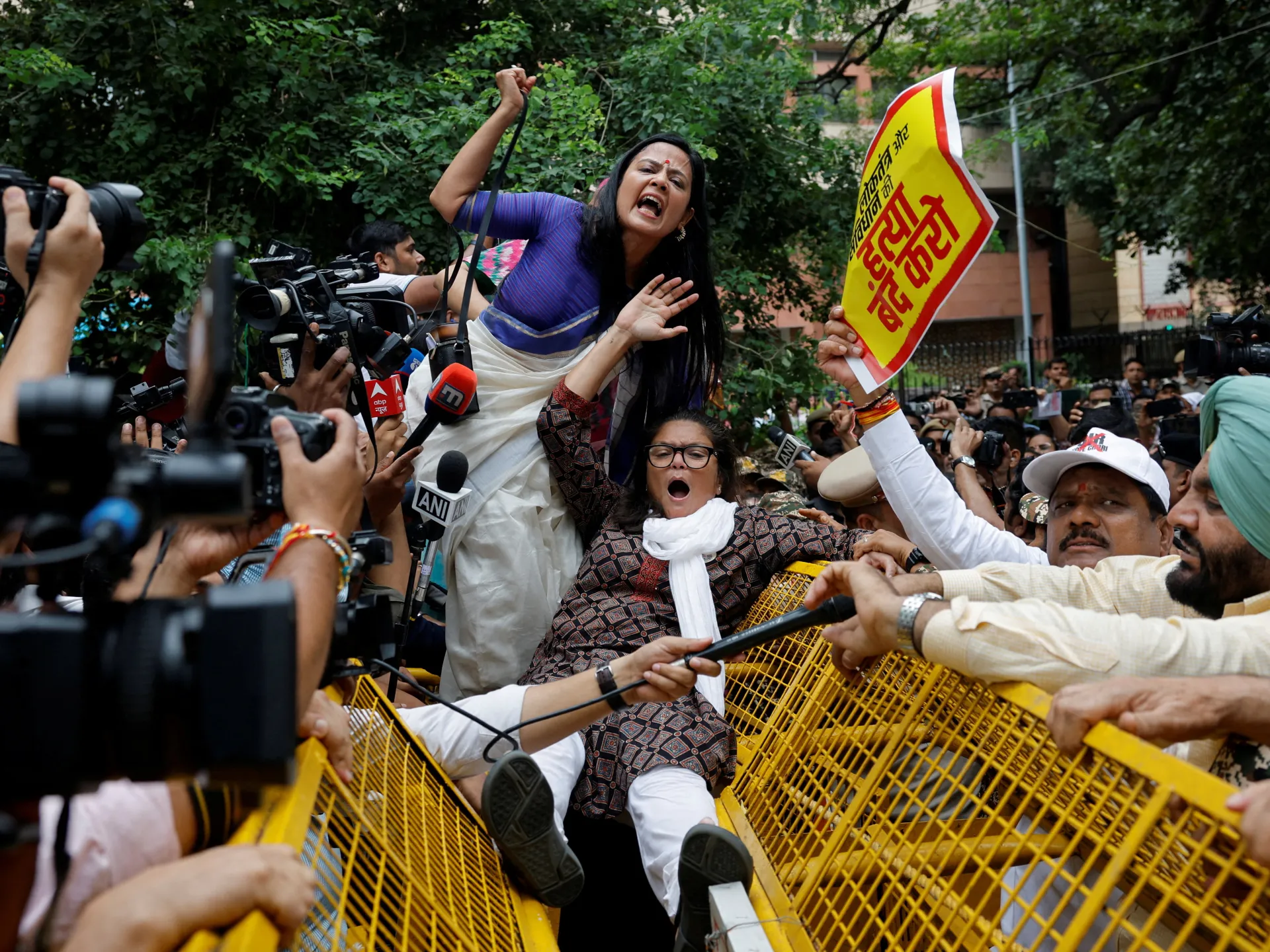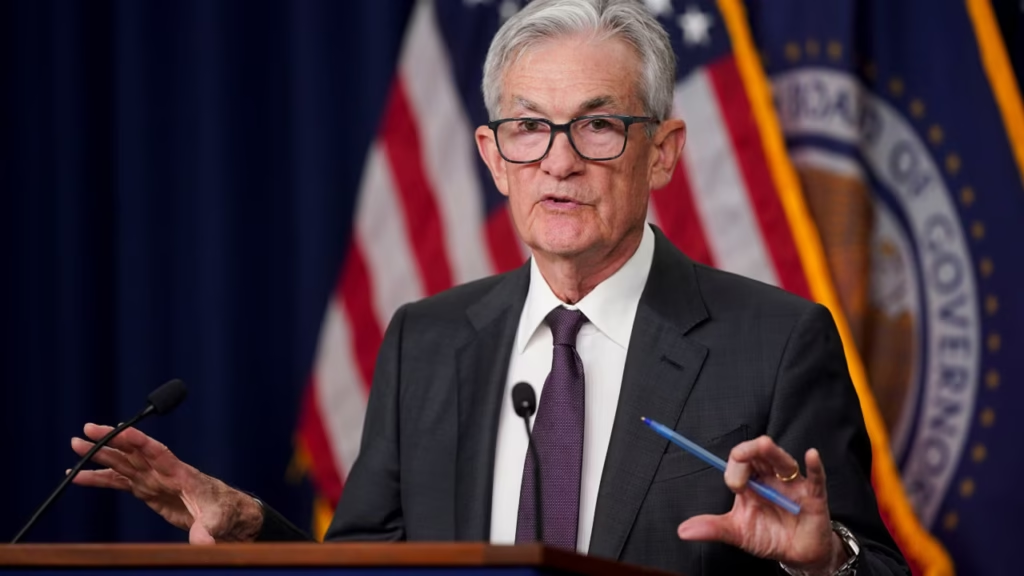Now Reading: EC Dismisses Opposition’s ‘Bulk’ Objections in Voter Roll Revision: Process Trumps Protest
-
01
EC Dismisses Opposition’s ‘Bulk’ Objections in Voter Roll Revision: Process Trumps Protest
EC Dismisses Opposition’s ‘Bulk’ Objections in Voter Roll Revision: Process Trumps Protest

The Election Commission stood its ground in Bihar’s special intensive revision of voter lists, setting aside objections filed in bulk by opposition parties. These complaints, submitted all at once rather than case by case, were treated as general feedback—not formal claims. While independent voters’ submissions are being addressed individually, the INDIA bloc insists this undermines transparency. What does this tug-of-war between procedure and perception mean for voters across India’s Tier 2 towns?
Form Over Friction
The EC clarified that only individual claims against voter roll inaccuracies are valid under its rules. Bulk objections, even if well-intentioned, can’t be processed through the formal review mechanism. Instead, they’re logged as general concerns, slowing the path to resolution.
Opposition Speaks Out
Leaders from the INDIA bloc—including Tejashwi Yadav—argue that many eligible voters may have been excluded due to administrative errors. They insist the EC is glossing over real problems by refusing to accept objections grouped by political parties.
Voter Concerns Beyond Politics
Many voters in smaller cities watch these battles closely. For them, names missing from voter lists could mean lost votes. The debate highlights how procedural clarity—or lack of it—can shake community trust in the electoral process.
Bridge Between Rule and Reality
Lawmakers stress that rules must be followed to ensure fairness. But for ordinary citizens, especially in Tier 2 towns, the question is simpler: Was my vote counted? When systems appear rigid, even basic questions about access can spark concern.
Conclusion
“The EC followed procedure, but the fallout extends beyond the rule book,” one observer summed it up. In smaller towns across India, where elections matter deeply, the balance between institutional integrity and inclusiveness defines public confidence.

























